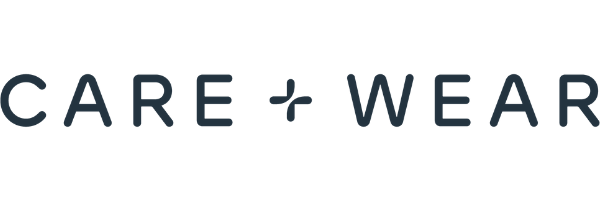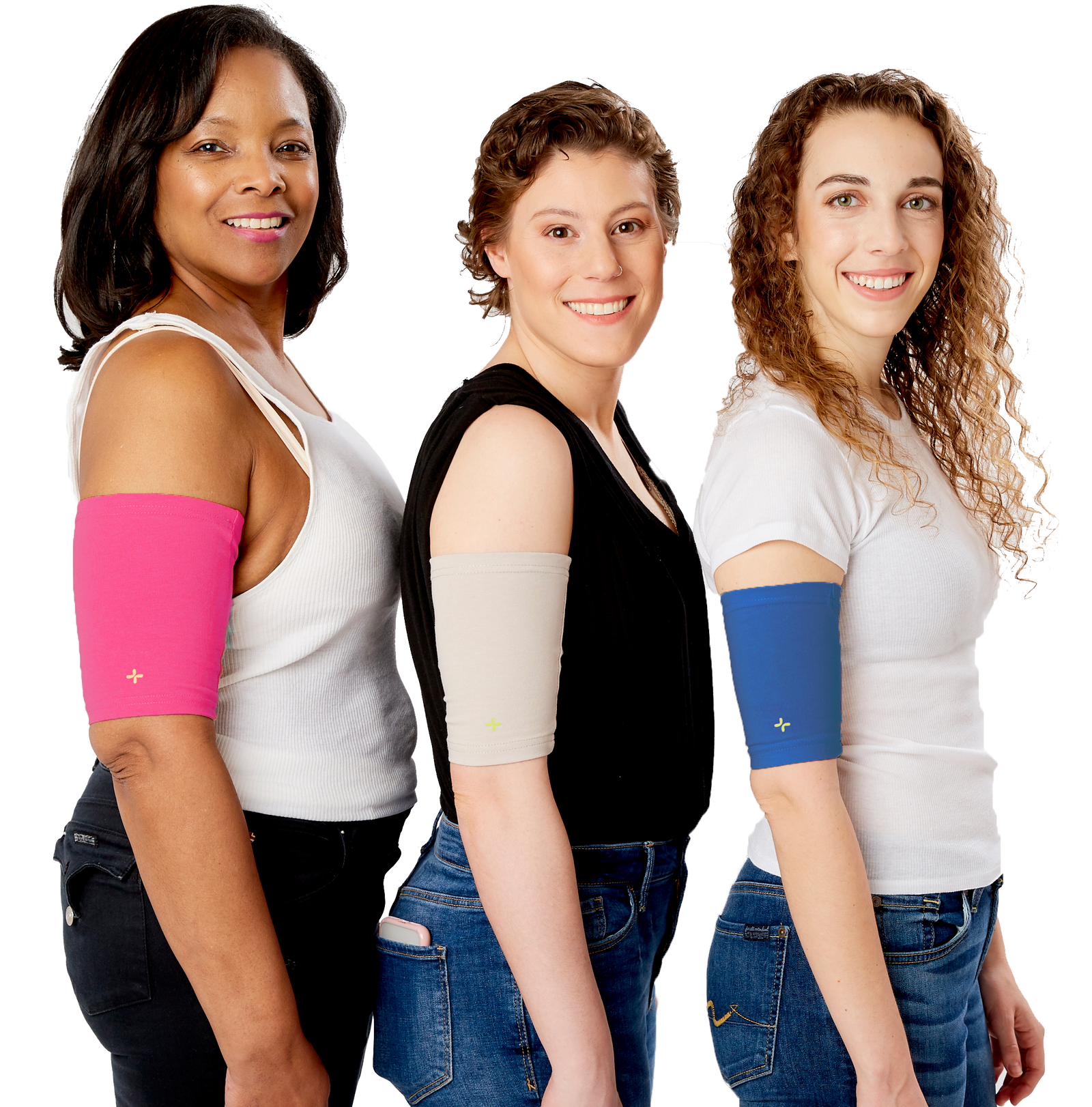What is TPN (Total Parenteral Nutrition)?
Total Parenteral Nutrition (TPN), also known as intravenous or IV nutritional support, is a method of getting nutrition into the body through the veins. In other words, it provides nutrients for patients who do not have a functioning digestive tract or who have disorders requiring complete bowel rest. At Care+Wear, we have gathered information on the nutritional content of TPN, possible complications of TPN and proper ways to administer TPN.

Who Needs TPN?
TPN provides patients with essential nutritional support, supplying most or all calories and nutrients through a TPN solution that includes protein, carbohydrates, glucose, fat, vitamins, and minerals. It is typically administered using peripherally inserted central catheters (PICC lines) or other vascular access devices. TPN is commonly used for patients with Crohn’s disease, cancer, short bowel syndrome, ischemic bowel disease, and critically ill patients who cannot receive nutrition orally for several days. It can also be used for patients with severe pancreatitis, paralytic ileus, or high-output fistulas, offering vital nutritional support in these scenarios.
Ingredients in TPN
Typically, TPN solution includes water (30 to 40mL), energy (30 to 45kcal), amino acids, essential fatty acids (1 to 2kg), vitamins and minerals. However, TPN solutions will be customized to meet each patient’s individual needs that are based on the patient’s age and organ function status. For instance, patients with heart or kidney disorders may require a limited volume of liquid intake while those with respiratory failure require a liquid emulsion that provides most of the nonprotein calories. The basic daily requirements for total parenteral nutrition information can be found in the Merck Manual.
Pediatric TPN for Teens and Children
TPN is also a critical nutritional support tool for children and teenagers, especially those with short bowel syndrome or other intestinal diseases. Many children on the intestinal transplant waiting list require TPN, with home parenteral nutrition being a common treatment method. Nutritional support can be challenging for teens due to concerns about body image, and it is often helpful for them to connect with peers in similar situations.

Administering TPN: Best Practices
First, TPN is administered through a needle or catheter that is placed in a large vein that goes directly to the heart called a central venous catheter. Since the central venous catheter needs to remain in place to prevent further complications, TPN must be administered in a clean and sterile environment. For instance, external tubing should be changed every day and dressings should be kept sterile with replacement every two days.
TPN is usually used for 10 to 12 hours a day, five to seven times a week. Most TPN patients administer the TPN infusion on a pump during the night for 12-14 hours so that they are free of administering pumps during the day. TPN can also be used in both the hospital or at home.

Benefits and Risks of TPN
TPN is beneficial because it provides nutrients that are vital in maintaining high energy, hydration and strength levels. Also, it will allow patients to heal more quickly and feel more energized. It is especially beneficial for children and teenagers because if these two groups do not get all of the nutrients they need, then they may have developmental or growth delays.
There are also many risks associated with receiving TPN. The most common risk includes catheter infection with the most serious form resulting in sepsis. Others include blood cots resulting from the line moving out of place. Also, long-term use of TPN may lead to liver disease and bone disease. Hence, it is crucial for patients receiving TPN to be closely monitored for complications by their health care team.
Complications with TPN
According to the Merck Manual, about 5 to 10 percent of patients have complications related to their central venous access device. There are 3 main types of complications: catheter-related sepsis, glucose abnormalities, and liver dysfunction.
Complications from TPN are not uncommon, with blood clots and central line infections among the most serious. Other complications include glucose abnormalities and liver dysfunction. Monitoring glucose and adjusting insulin doses can help manage glucose issues, while modifying nutritional support may mitigate liver dysfunction.
Key Takeaways on TPN: Essential Nutritional Support for Compromised Digestive Health
In summary, TPN provides vital nutritional support for patients with compromised digestive tract function. While it is life-saving, it requires careful monitoring and administration. Ensuring the right balance of parenteral nutrition and close monitoring by healthcare teams, including frequent assessments of liver function and electrolyte levels, is key to minimizing risks.
If you are looking for more resources and support for TPN, check out our other blogs:
Getting Support for TPN Through The Oley Foundation
TPN Journey: Lessons I Learned Along the Way
TPN Journey: How I Learned To Accept My Feeding Tubes
A Different Kind of Superhero – Caregiver Spotlight: Erin Crapser










Andy H
July 15, 2024
Hi all,
My daughter is on bespoke bags of TPN. We’ve just had a week’s holiday in Turkey!! Coordinated with the hospital and pharmacist 6 weeks before travel, got letters off both for the airline, then informed the airline we’d have upto 40kg liquids(fluids+TPN), then arranged with hotel to guarantee we could store TPN in their fridge (via head chef).
Daughter loves the sun so to be able to hol has been a huge psychological boost for her and us.